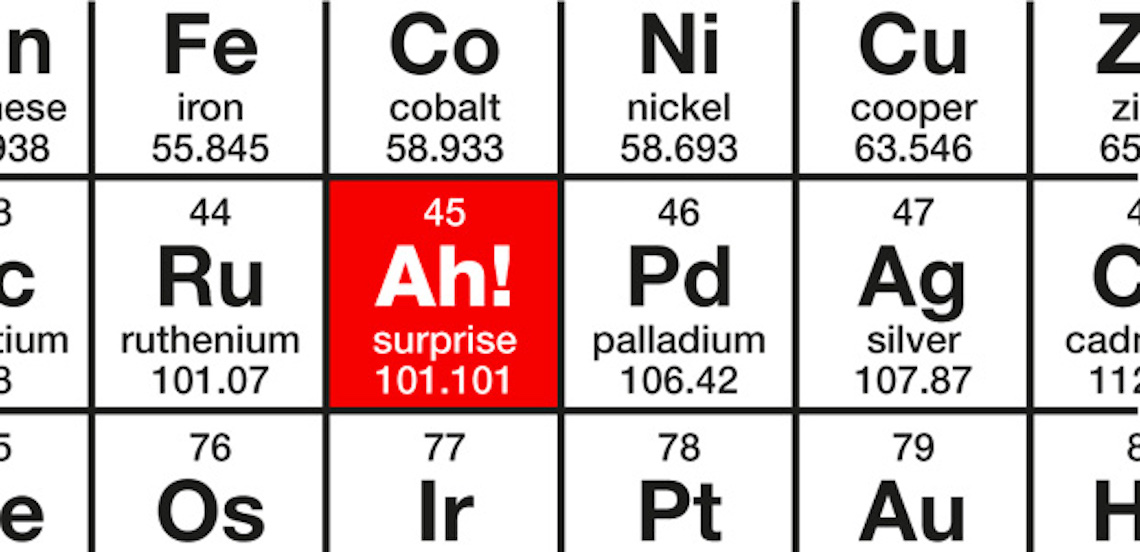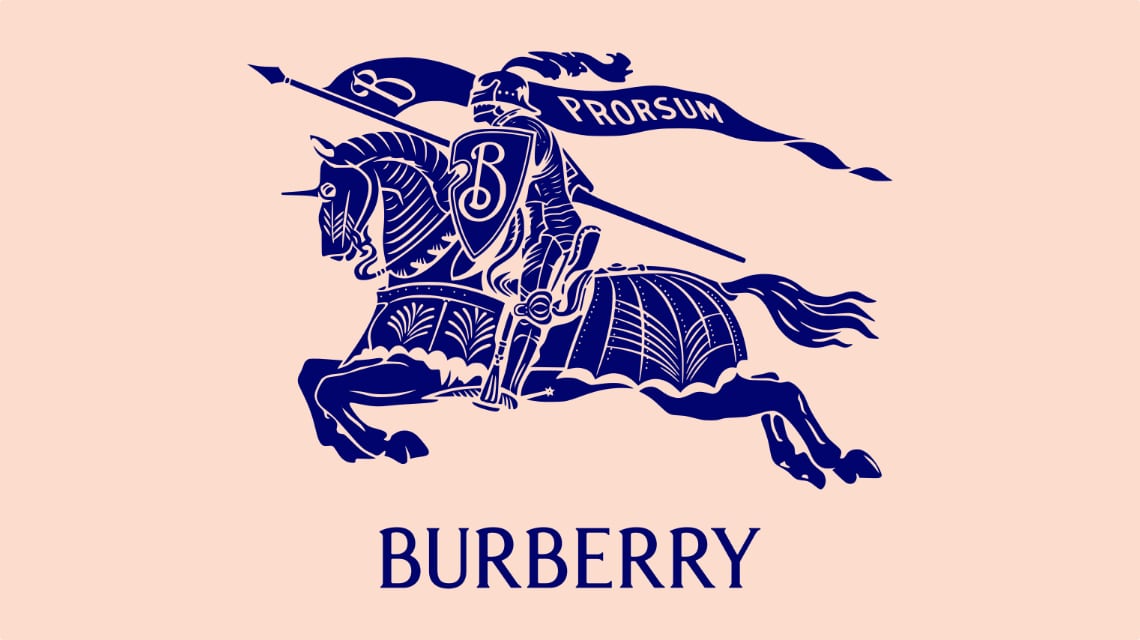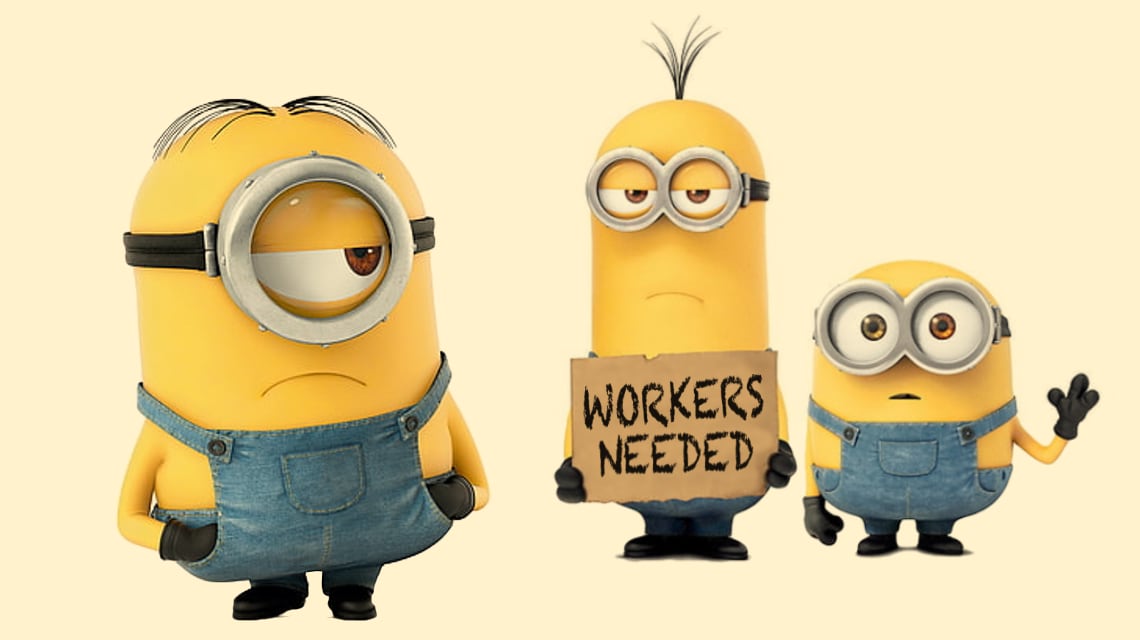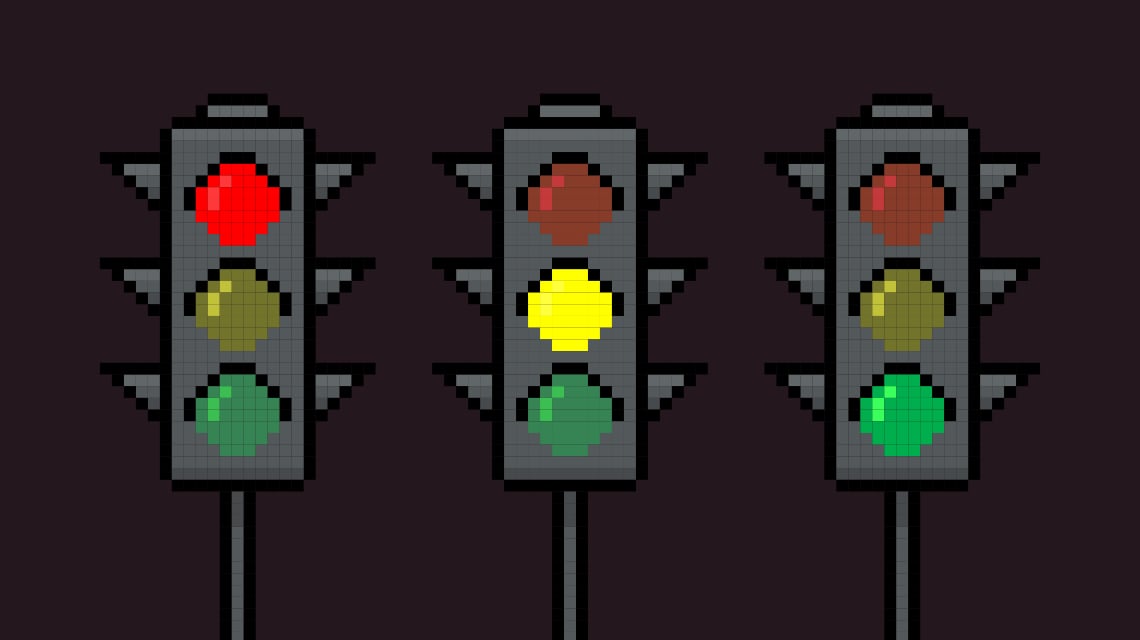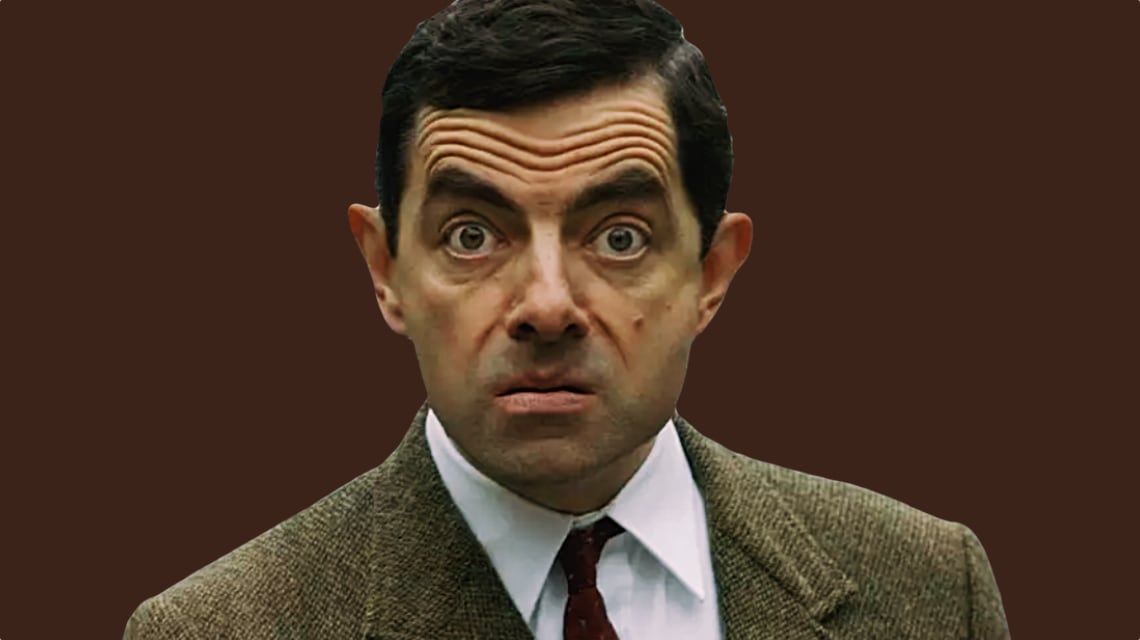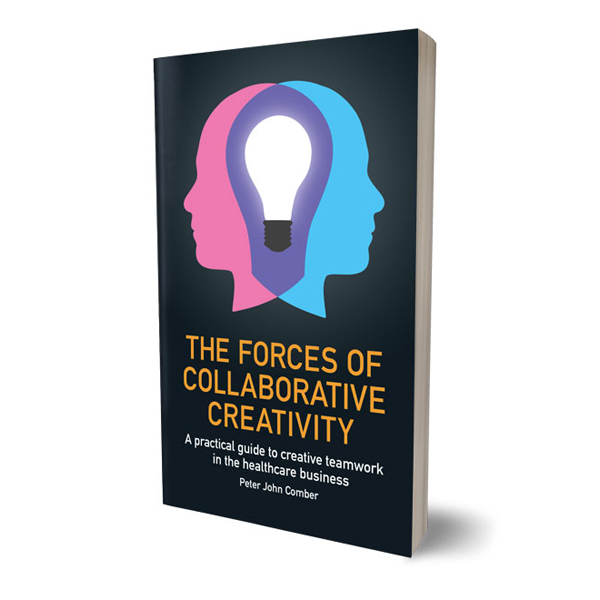Strive to surprise.
Advertising should be surprising to be enticing because boring is never convincing.
The presumed protagonist of a movie, famous for cheery musicals and romantic comedies, is brutally murdered in the first half of the film. Janet Leigh as Marion Crane in Alfred Hitchcock’s Psycho.
Super Bowl XVIII, half the population of the USA is enjoying the game and the upbeat, happy entertainment and advertising, then in the third quarter Apple’s dystopian “1984” ad is broadcast.
An auction of modern art at Sotheby's London, a ritualistic, familiar format and environment with the only excitement offered by the prices of some of the lots, until immediately after the gavel drops on a Banksy and the work of art starts to destroy itself.
It shouldn’t be a surprise that surprise is the common thread of these examples. Each example has its own undeniable intrinsic merits, but without the element of surprise to elevate them I am convinced that those merits would be less appreciated, they would not have achieved the fame and success that they did.
Surprise is powerful, attention grabbing and memorable. There is some debate over whether surprise is an emotion or not. If it is an emotion it is highly unusual because it can be positive or negative and it has a heightening effect on other emotions. Studies show that unexpected rewards trigger greater activity of dopamine neurons than expected rewards. People notice and focus on surprising events. Surprise activates curiosity and learning. So, I wonder, why is so much advertising so bland and boring?
One reason is that each individual surprise is short lived and unrepeatable. Jokes are a good example. A joke is an idea that surprises the mind in an amusing way. A funny joke, that elicits spontaneous laughter, will not be as effective when repeated to the same audience. Some of the most memorable pieces of recent advertising have been tweets - one shots - that used surprise to great effect (Oreo’s “You can still dunk in the dark”), but short lived and unrepeatable are not, typically, desirable characteristics of brand advertising.
Another reason is the decision process for selecting advertising ideas. Meetings, meetings, meetings, concept testing, meetings and so on - a surprise, like a joke, can’t survive repetition, scrutiny, deconstruction, refinement. Yet modern entertainment is moving into increasingly long-form narratives that are propelled along by constant surprises like, for example, Game of Thrones or the ongoing Star Wars movie saga and many others. The plot of Psycho is very simple and the running time extremely short compared with modern entertainment standards. Advertising, however, seems to be on an inverse path with less sophisticated and less surprising ideas.
In the not so distant past much of society’s entertainment (of which information is a subset) was “brought to you by…” a brand sponsor. The pact of pesky persuasion, sprinkled liberally into magazines, newspapers and TV allowed these media to be consumed without cost to the viewer (or at a significantly subsidised price). Today’s media is trending towards advertising-free thanks to Netflix, TiVo, ad-blockers and platforms that distribute content that may, or not be, a brand promotion of some kind but certainly isn’t brand-building advertising. With the line between entertainment and marketing blurring in a pixelated fog, traditional advertising is running out of things to interrupt/sponsor and must become more palatable in its own right.
In Italy, there is something of a tradition of long running advertising stories that play out in multiple commercials over time, Lavazza and Barilla are prime examples but they tend to use continuity as a way to be reassuring rather than a canvas that employs surprise. This makes sense in traditional television that broadcasts and repeats messages indiscriminately because surprise is depleted by repetition. However, in modern digital media, where there is greater control over how many times a piece of content is viewed and crucially in what sequence different segments of a story are delivered, can’t we make a better job of creating and controlling the delivery of narratives that effectively utilise surprise?
